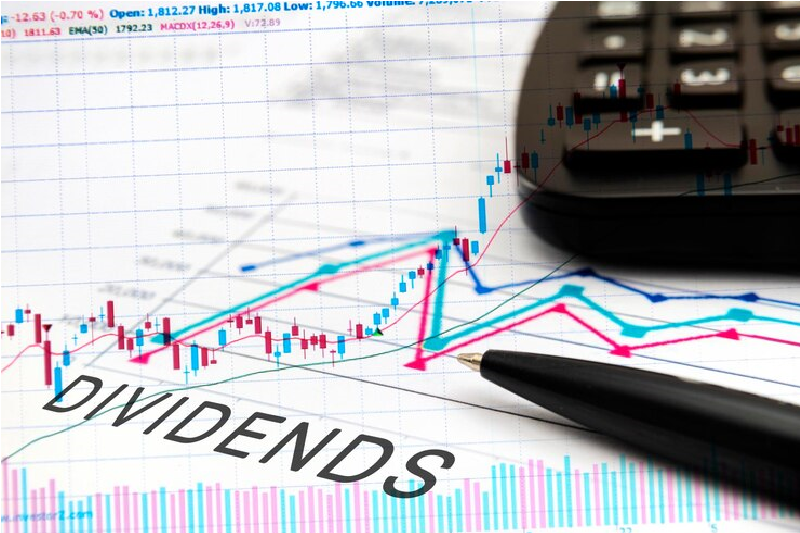Articles >
Guide on How Dividends are Taxed

November 18, 2022
As a shareholder of a company, it is very important to know how your dividend receipts are taxed in Self-Assessment.
When a limited company makes profits, they distribute the earnings to its shareholders in the form of Dividends.
A good idea of how the dividend is taxed in the UK becomes even more essential if the company is your own and you are both a director and a shareholder. The company does not have to pay tax on dividends paid out to you but you as a shareholder needs to pay tax on the dividend receipts in your Self-Assessment. Therefore, it is always advisable to seek the right guidance from your local accountant and your Tax advisor before finalising the dividends that you take for a tax year.
Determine whether you must notify HMRC or file a self-assessment for Dividends
It depends on the dividend amount that you receive and whether you are already registered for Self-Assessment.
In case you are not registered for self-assessment and your dividends do not exceed the yearly dividend allowance (it is £2000 for the tax year to 5th April 2023) then you have nothing to do.
If the dividends were between £2001 and £10000
You can inform HMRC by:
- Phoning them on their helpline number
- Requesting them to change your tax code in order for they can collect the dividend tax from your salary or pension.
- Include it in your self-assessment return, if you already submit the return.
If the dividends were over £10000
You need to file a self-assessment.
If you have not registered yet, you need to register by 5th October following the tax year you received the dividends.
Maximum Tax-Free Dividend that you can earn
You do not have to pay tax on dividend income if your total dividend receipts fall within your personal allowance and dividend allowance.
Personal Allowance covers all other income including dividends.
Therefore, provided you do not have any other income, the maximum dividend amount on which you do not pay tax is made up of the following for the tax year to 5th April 2023:
Personal Allowance £12570
Dividend Allowance £2000
The total comes to £14570
How Dividends are taxed?
Your dividend above the £2000 dividend allowance is taxed based on which Tax Band you fall into.
The following table shows the tax bands and rates for an individual with the standard Personal Allowance of £12570:
|
|
|
|
|
Personal Allowance |
Up to £12,570 |
0% |
|
Basic rate |
£12,571 to £50,270 |
20% |
|
Higher rate |
£50,271 to £150,000 |
40% |
|
Additional rate |
over £150,000 |
45% |
Both your dividend and other income are added to work out your tax bands.
The band-wise dividend tax rates are as under:
|
Tax band
|
The tax rate on dividends |
|
Basic rate |
8.75% |
|
Higher rate |
33.75% |
|
Additional rate |
39.35% |
Here is one simple example illustrating how dividend tax is worked out:
In the tax year to 5th April 2023, Sam received wages of £15000 and a dividend of £12000 from his limited company.
Tax will be calculated in 2 steps:
Step1 - The personal allowance of £12570 will be deducted from wages
Wages £15000 less £12570, which leaves £2430
On £2430, he needs to pay tax @20% that is £486
Step2 – The personal allowance is fully exhausted, so the whole dividend of £12000 is taxable.
But the first £2000 is taxed @0% as Dividend allowance
The remaining £10000 is taxed at 8.75%, which is £875 since his total income doesn’t exceed £50,270.
Sam needs to pay a total of £1361
We Doshi Accountants have been servicing small and mid-size businesses as their reliable business accountant in UK and as their Tax Advisors. Our 3000+ happy clients speak about our quality of work.
Do we do your self-assessment for just £175 ex-VAT?
For any further assistance on this, you are free to contact us at 020-8239-4999 or email us at dhruv@doshiaccountants.co.uk.

